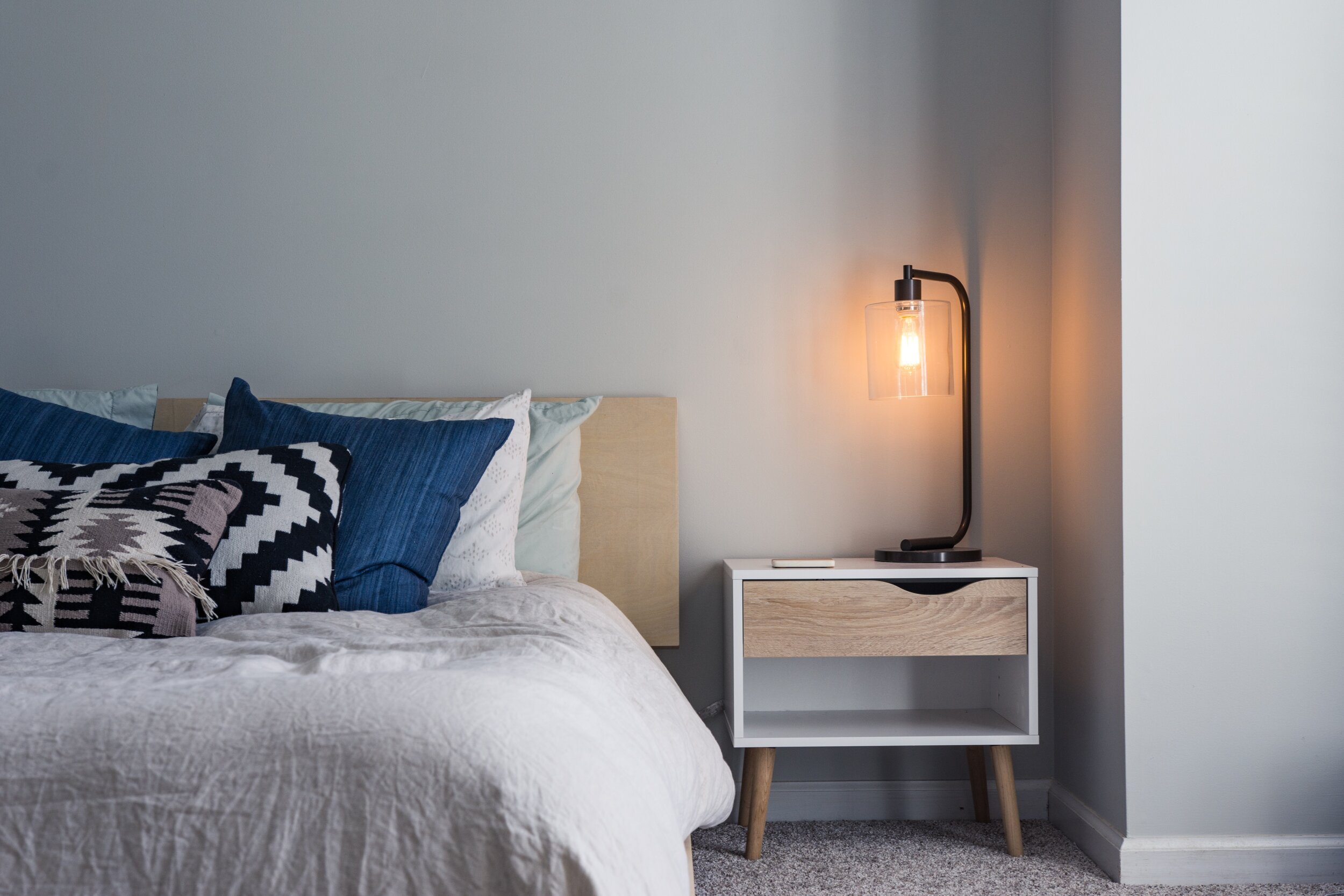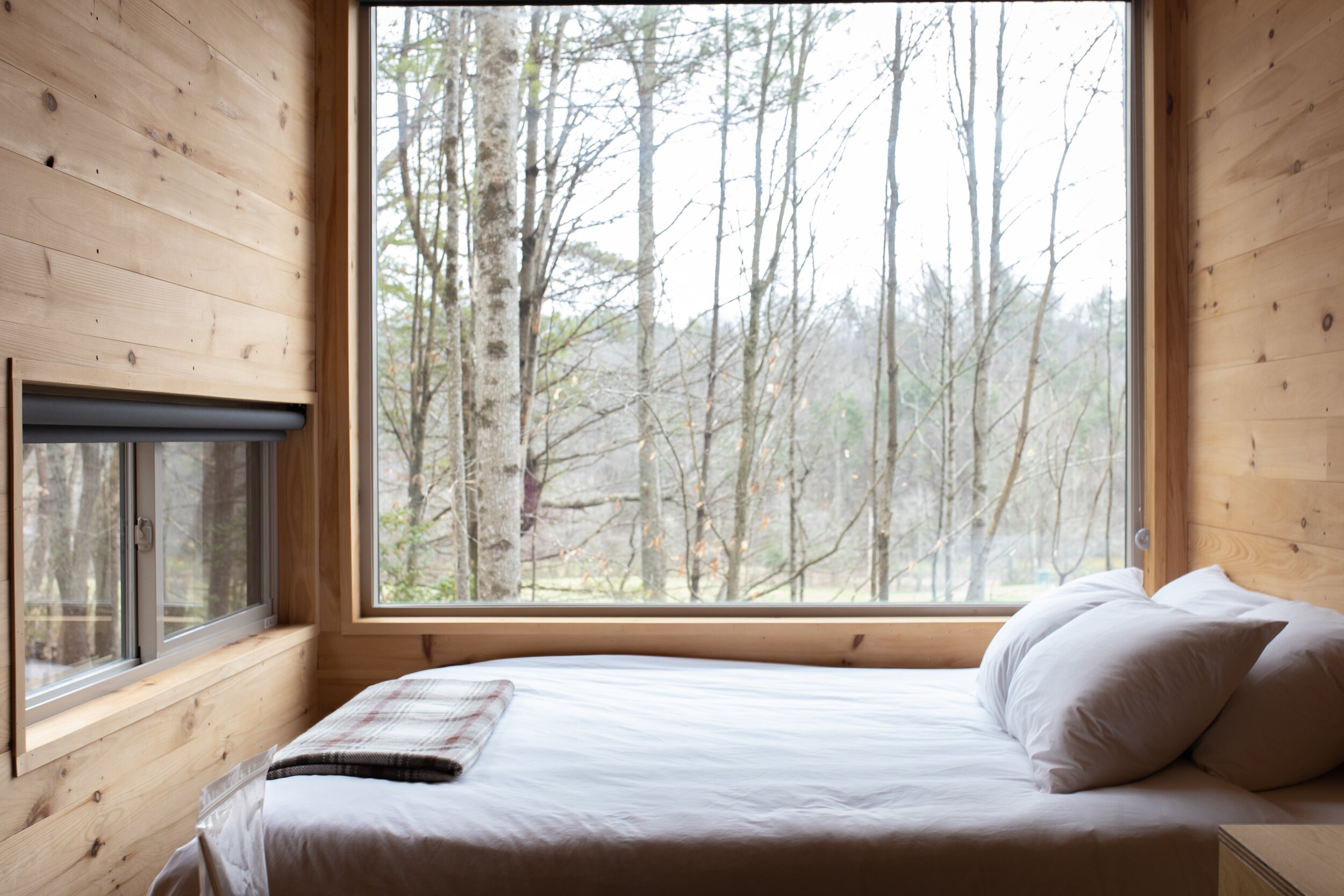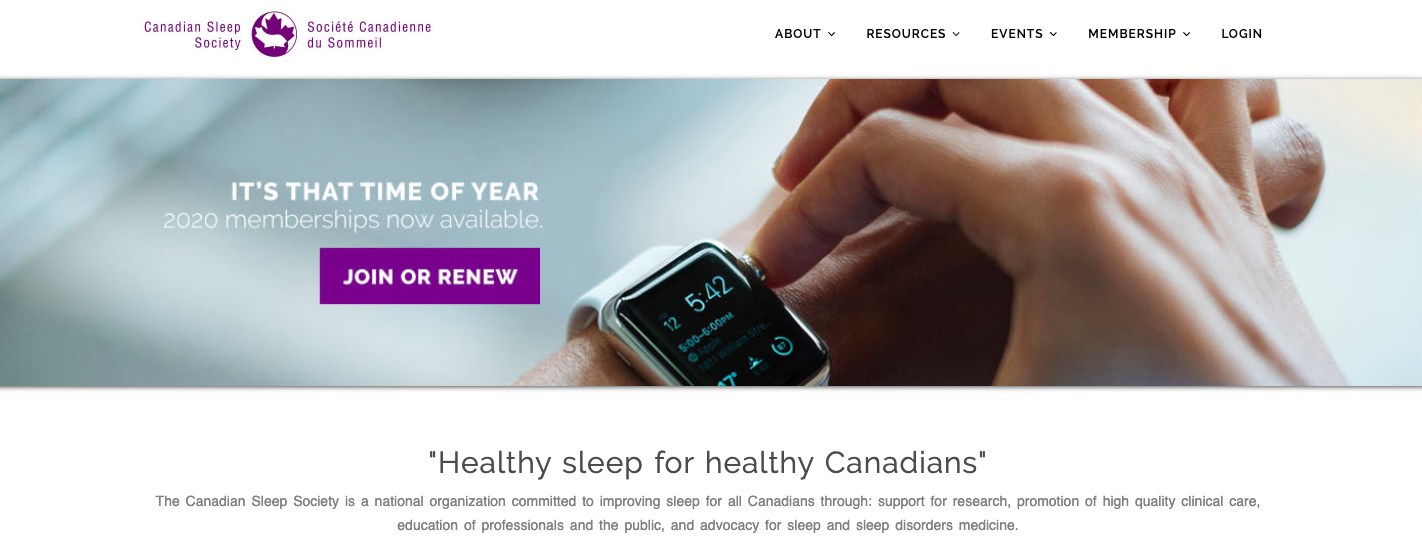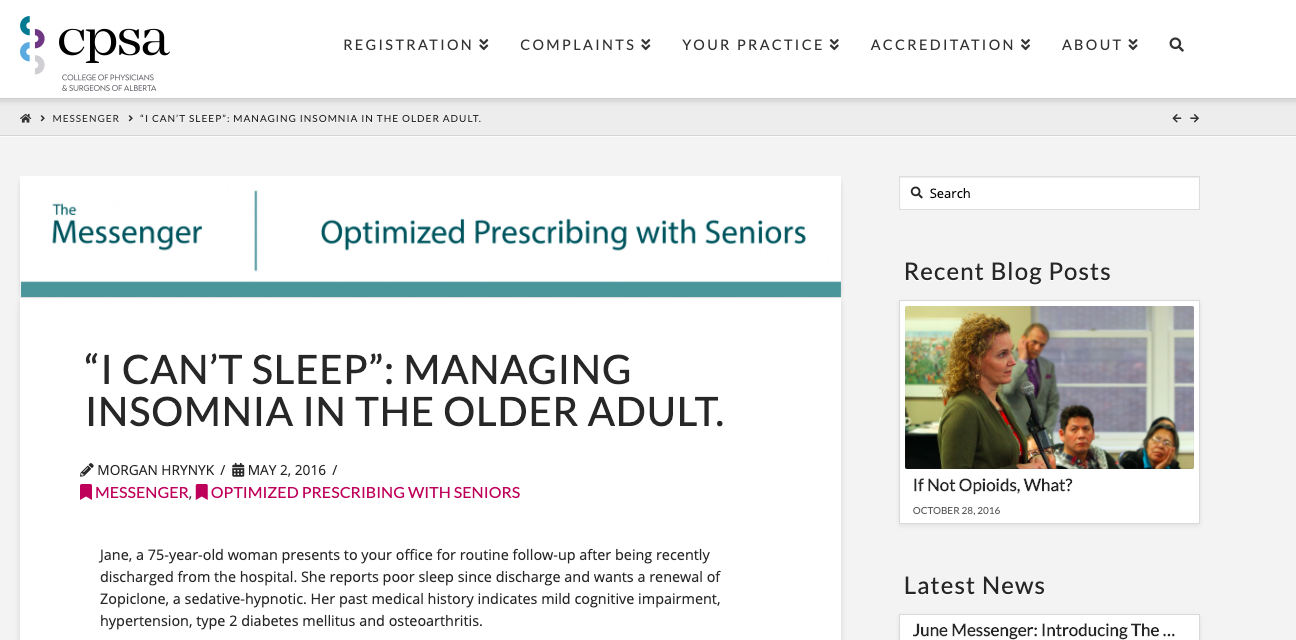Updated August 27, 2021
what questions should I and my family be asking?
Am I getting good quality sleep? Do I wake up feeling rested?
Do I have a good sleeping routine?
Am I finding myself needing more pillows to sleep at night?
Do I snore loudly at night and feel tired in the day?
Do I have a source of pain that is making it hard for me to sleep?
Am I waking up feeling like I am drowning at night, and have I talked to my doctor about this?
Do I have behaviors when I sleep such as sleep-walking, talking, or acting out my dreams a lot?
Is my sleep changing in the normal patterns of getting older?
Am I anxious about being able to fall asleep at night?
What is my alcohol, smoking, and caffeine intake?
What actions can i take for this agenda?
Go to bed and wake up at the same time every day
Do not lie in your bed unless you are trying to sleep
Try to avoid taking naps in the daytime
Try to exercise each day in the morning or early afternoon
Avoid any caffeine up to 8 hours before bedtime
If you have anxiety about the number of hours you are sleeping try to keep a clock out of your room
Be very cautious of sleep medications that can cause more harm than benefit especially towards older adults
Limit your use of screens or electronic devices before you go to sleep
Talk to your doctor about melatonin, sleep hygiene, and CBT-I
What is sleep?
Sleep is a time when our bodies slow down and we can relax
Humans spend about one-third of their life sleeping which is why sleep is so important to us
The main purpose of sleep is not fully understood. Researchers think it is important for energy, restoration, and brain function
why is sleep important?
Sleeping allows us to feel awake and rested in the day
If we do not sleep, we are unable to focus and can have trouble thinking
Lack of sleep can make us feel irritated or sad
Lack of sleep can make us sleep at times that we should not be sleeping
what can i do to improve my sleep?
Ways that help us sleep are called “sleep hygiene”
Sleeping only long enough to feel rested helps
Avoiding long naps during the day helps to sleep through the night
Enough sleep is different for each person it can range from 7 hours to 9 hours a night
Going to bed at the same time each day can help your sleep
Staying out of bed unless you are trying to sleep helps too- do not lie in there during the day to just rest
Try not to force yourself to fall asleep
Exercise during the day and not right before bed
Try to avoid looking at phones and screens before bed
sleep “hygiene” are ways to help improve your sleep quality
Poor sleep can lead to feeling tired, depressed, low concentration and ability to function
What foods should I avoid to have good sleep?
Try not to eat right before bedtime. This might give you heartburn which will keep you from sleeping
Avoid alcohol in the later parts of the day. It does not allow you to have good quality sleep
Have foods like coffee, tea, or other things with caffeine only in the morning and avoid them as much as possible up to 8 hours before
Avoid smoking as it can keep you awake
does sleep change as we get older?
There are normal changes that we experience as a result of getting older
One change is finding that you are less sleepy in the early morning and more sleepy in the early evening. This is called “phase advance” and can be the reason you’re now an early riser
You may also find yourself waking up more and spending less time asleep while in your bed. This is called reduced “sleep efficiency”
The total time you spend sleeping also decreases. This might be because of daytime napping but this is called decreased total “sleep time”
You also may find it harder to fall asleep quickly at night and it may take you longer. This is called “nocturnal sleep latency”
what is sleep “apnea”?
Sleep apnea is a sleeping problem that has to do with abnormal breathing during sleep
The most common type is called “obstructive sleep apnea: (OSA)
OSA is a condition that prevents proper breathing because you cannot support your breathing tubes to stay open while sleeping
If not treated, OSA can cause problems with your heart rhythm, lungs, increase your risk of falling, thinking (cognition), and even death
There are normal changes to our sleep as we age
avoid alcohol, smoking, eating, and caffeine hours before sleeping
what are the signs and symptoms of sleep apnea?
If you are very sleepy during the day
Having poor concentration
Morning headaches
You snore very loudly at night
If you wake up feeling like you are choking or gasping for air to breath
Speak to your doctor about any of these symptoms
how can you treat sleep apnea?
Some things that can help with OSA include losing weight, and changing some of your behaviors
The main treatment is a device that you wear at night time while sleeping that is called a “CPAP”
CPAP is “continuous positive airway pressure”
This device pushes air into the breathing tubes to keep them open even while sleeping
Another important lifestyle treatment is to avoid anything that is sedating or that will make you even more sleepy such as alcohol
sleep apnea can cause poor sleep quality and needs to be treated
snoring, feeling tired, and waking to gasp for air are key symptoms
weight loss and using a cpap device are the best ways to treat it
I find myself needing more pillows to sleep at night, is this a problem?
If you find yourself needing multiple pillows to sleep at night this might be concerning
If you wake up at night gasping for air or feel that you are drowning if you are laying down this can be very concerning too
Both of these things can be associated with heart problems and you should tell your doctor about them right away
If you find you are experiencing heartburn before you go to sleep that gets worse while lying down bring this up to your doctor too
what is the best treatment for sleep?
According to research, the best treatment for poor sleep is good sleep “hygiene” as we talked about above
The other most recommended treatment for poor sleep is actually a type of therapy
It is called cognitive behavior therapy for insomnia (CBT-I)
Insomnia is the inability to fall asleep or stay asleep and is common in older adults
This therapy works to help people make good sleeping habits and work on their stress or anxiety around sleeping
if you have to use many pillows to sleep and cannot lay flat that may be a health problem
talk to your doctor as you might have heart disease or heartburn
what about the medicines you can take for sleep?
Medications for sleep in the class called “hypnotics” are particularly problematic for older adults
These have a lot of complex names and classes like “Benzodiazepines” (drugs with -pam at the end) and “Non-Benzodiazepines” ( drugs that commonly start with the letter “Z”)
These drugs can cause a lot of confusion, difficulty performing daily activities, and can greatly increase the risk of falling
Medications have been shown to improve sleep but there is also a two to five times increased risk of problems with thinking and moving after
These medications can also result in something called “rebound insomnia” or having worse trouble sleeping if you ever stop taking the medications
Some of the “Non-Benzodiazepines” can cause odd sleeping behaviors like sleep-walking or sleep talking or eating which can be disturbing for individuals
Medications that require a prescription should be discussed directly with your doctor
Overall, treating your sleep issues with non-medication means through sleep hygiene is much more preferred and effective
What about the medicines I can buy over the counter?
Sleep medications can be bought over the counter
But just as with any medication you can buy off the shelf we do recommend you speak to your doctor about it first
There are a lot of herbal medications that claim to be able to help you with sleep that you can buy directly
The problem is that only a select few of these have been well-studied and the ones that have been studied have not found the herbal medications to be helpful
Some of the herbal medications such as one called “Valerian” has been shown to have negative effects and can cause harm to the liver
Another medication you will see is “Melatonin”
Melatonin is a hormone that is naturally made from our bodies and it very well-tolerated by older adults
There has been research shown that Melatonin decreases as we age so for older people it may be helpful to replace
Melatonin is recommended to use short-term around three months or less
If you decide to use either Melatonin or any herbal remedy then you should consult your doctor first
be very cautious about any medication you take for sleep
most if not all can be harmful in older adults causing an increased risk for falls and confusion
What resources can help with this agenda?
css-scs.ca
The Canadian Sleep Society is a national organization committed to improving sleep through: support for research, promotion of high quality clinical care, education of professionals and the public, and advocacy for sleep
cpsa.ca
The College of Physicians and Surgeons of Alberta published an article on insomnia in 2016 for older adults and practical methods to address it
References
Robert L Kane et al. Essentials of Clinical Geriatrics 8th edition (2018)
Jeffrey B. Halter et al. Hazzard's Geriatric Medicine and Gerontology 7th edition (2016)
Jayna Holroyd-Leduc et al. Evidence Based Geriatric Medicine (2012)
Siegel JM. Sleep viewed as a state of adaptive inactivity. Nat Rev Neurosci 2009; 10:747.
American Academy of Sleep Medicine. International classification of sleep disorders: Diagnostic and coding manual, 2nd ed, Westchester, IL 2005.
Watson NF, Badr MS, Belenky G, et al. Recommended Amount of Sleep for a Healthy Adult: A Joint Consensus Statement of the American Academy of Sleep Medicine and Sleep Research Society. Sleep 2015; 38:843.
Centers for Disease Control and Prevention (CDC). Effect of short sleep duration on daily activities--United States, 2005-2008. MMWR Morb Mortal Wkly Rep 2011; 60:239.
Stepanski EJ, Wyatt JK. Use of sleep hygiene in the treatment of insomnia. Sleep Med Rev 2003; 7:215.
Lydon DM, Ram N, Conroy DE, et al. The within-person association between alcohol use and sleep duration and quality in situ: An experience sampling study. Addict Behav 2016; 61:68.
Spadola CE, Guo N, Johnson DA, et al. Evening intake of alcohol, caffeine, and nicotine: night-to-night associations with sleep duration and continuity among African Americans in the Jackson Heart Sleep Study. Sleep 2019; 42.
Chang AM, Aeschbach D, Duffy JF, Czeisler CA. Evening use of light-emitting eReaders negatively affects sleep, circadian timing, and next-morning alertness. Proc Natl Acad Sci U S A 2015; 112:1232.
Young T, Palta M, Dempsey J, et al. Burden of sleep apnea: rationale, design, and major findings of the Wisconsin Sleep Cohort study. WMJ 2009; 108:246.
McMillan A, Bratton DJ, Faria R, et al. Continuous positive airway pressure in older people with obstructive sleep apnoea syndrome (PREDICT): a 12-month, multicentre, randomised trial. Lancet Respir Med 2014; 2:804.
Edwards BA, Wellman A, Sands SA, et al. Obstructive sleep apnea in older adults is a distinctly different physiological phenotype. Sleep 2014; 37:1227.
Bootzin RR, Perlis ML. Nonpharmacologic treatments of insomnia. J Clin Psychiatry 1992; 53 Suppl:37.
Matthews EE, Arnedt JT, McCarthy MS, et al. Adherence to cognitive behavioral therapy for insomnia: a systematic review. Sleep Med Rev 2013; 17:453.
Okajima I, Komada Y, Inoue Y. A meta-analysis on the treatment effectiveness of cognitive behavioral therapy for primary insomnia. Sleep Biol Rhythms 2011; 9:24.
Koyanagi A, Garin N, Olaya B, et al. Chronic conditions and sleep problems among adults aged 50 years or over in nine countries: a multi-country study. PLoS One 2014; 9:e114742.
Gottlieb DJ, Yenokyan G, Newman AB, et al. Prospective study of obstructive sleep apnea and incident coronary heart disease and heart failure: the sleep heart health study. Circulation 2010; 122:352.
Q aseem A, Kansagara D, Forciea MA, et al. Management of Chronic Insomnia Disorder in Adults: A Clinical Practice Guideline From the American College of Physicians. Ann Intern Med 2016; 165:125.
Wilt TJ, MacDonald R, Brasure M, et al. Pharmacologic Treatment of Insomnia Disorder: An Evidence Report for a Clinical Practice Guideline by the American College of Physicians. Ann Intern Med 2016; 165:103.
Buscemi N, Vandermeer B, Friesen C, et al. The efficacy and safety of drug treatments for chronic insomnia in adults: a meta-analysis of RCTs. J Gen Intern Med 2007; 22:1335.
Lieberman JA. Update on the safety considerations in the management of insomnia with hypnotics: incorporating modified-release formulations into primary care. Prim Care Companion J Clin Psychiatry 2007; 9:25.
Bloom HG, Ahmed I, Alessi CA, et al. Evidence-based recommendations for the assessment and management of sleep disorders in older persons. J Am Geriatr Soc 2009; 57:761.
Glass J, Lanctôt KL, Herrmann N, et al. Sedative hypnotics in older people with insomnia: meta-analysis of risks and benefits. BMJ 2005; 331:1169.
Leach MJ, Page AT. Herbal medicine for insomnia: A systematic review and meta-analysis. Sleep Med Rev 2015; 24:1.
Turek FW, Gillette MU. Melatonin, sleep, and circadian rhythms: rationale for development of specific melatonin agonists. Sleep Med 2004; 5:523.
Zhdanova IV, Wurtman RJ, Regan MM, et al. Melatonin treatment for age-related insomnia. J Clin Endocrinol Metab 2001; 86:4727.








